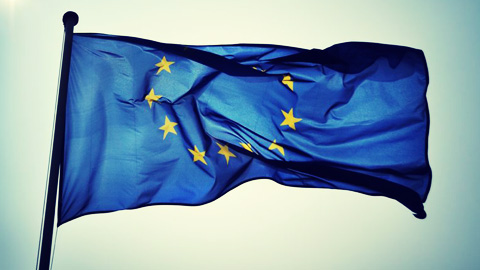The European Commission (EC) has put forward its proposals to reform the EU’s payments market. The update to the Payment Services Directive 2 (PSD2) aims to “bring payments and the wider financial sector into the digital age.”
This proposed update will be designated as PSD3, coming seven years after the original directive was implemented, which introduced open banking and established regulations for electronic payments. Since then, the use of electronic and digital payments in the EU has consistently increased, a trend that was further accelerated by the Covid-19 pandemic. In 2021, the value of electronic payments reached €240 trillion, up from €184.2 trillion in 2017.
Mairead McGuinness, Commissioner for Financial Services, Financial Stability, and Capital Markets Union, emphasized that PSD3, alongside an additional Payment Services Regulation, aims to “improve consumer protection and support competition” by offering consumers a wider range of payment providers. Proposed measures for enhancing consumer protection include a system to verify IBANs and a platform that allows payment service providers to exchange information related to fraud. Additionally, fintech companies will be granted access to EU payment systems, subject to certain safeguards.
PSD3 will also establish standardized rules for open banking interfaces, facilitating data sharing and enabling customers to maintain control over their personal information.
Industry groups have welcomed these proposals. Nilixa Devlukia, Chair of the Open Finance Association, expressed optimism regarding the Commission’s proposal for PSD3/PSR. She noted that it acknowledges the need to strengthen the foundational aspects of open banking while allowing the industry to collaborate on value-added services that yield a return on investment for all stakeholders. Devlukia further mentioned that this approach, combined with a separate proposal for instant payments, will support the development of a seamless pan-European payment solution.
